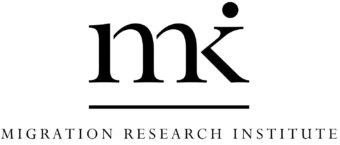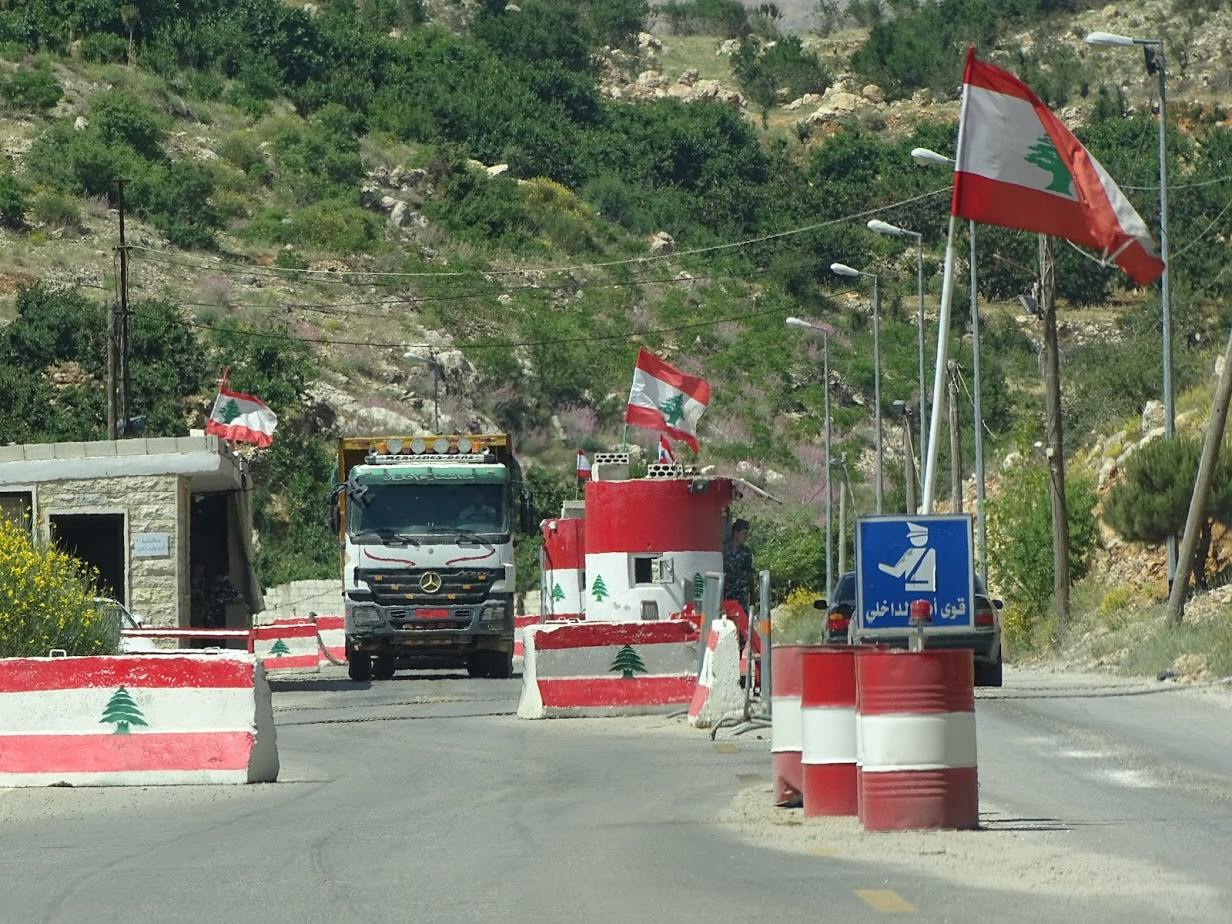
“We would return if someone were to help us repair our house and start over again”
Results from field research in Lebanon and Syria
Senior researcher at the Migration Research Institute Bianka Speidl (PhD) visited the Middle East between 30 May and 20 June 2017 in order to conduct field research on the situation of the Christian refugees in the area. The field trip constitutes part of a larger fact-finding research project supported by the Hungarian Ministry of Human Resources. The project previously included a similar field trip to Iraqi Kurdistan. The aim of the research is to examine the situation of the Christian communities in the selected countries (particularly in the light of current migratory trends from the region towards the European Union), as well as to explore to what extent the European countries can – either individually or on the European level – specifically support these communities in a need-based manner.
During her field research Bianka Speidl primarily studied the status of Christian refugees in Lebanon, where she conducted interviews with 23 Iraqi and Syrian Christian refugee families as well as with representatives of humanitarian organisations (including United Nations High Commissioner for Refugees, UNHCR, the Knights Order of Malta and Caritas, international and Lebanese non-governmental organisations working with refugees) and Church leaders. Within the latter category meetings were organised with Beshara Butros al-Rai Maronite Patriarch, Gregory III Lahham Greek-Catholic Patriarch, Ignatius Ephrem Joseph III Younan Patriarch of Antioch and all of the East Syriac Catholic Church, as well as with Archbishop Issam John Darwish of Zahlé and Furzol in Lebanon. The field research also included a visit to Homs, Syria, in order to investigate the situation of members of the Christian minorities either remaining in their home villages or staying in the region as internally displaced persons. This visit was made possible with the help of Ignatius Aphrem II Patriarch of the Syriac Orthodox Church and Greek-Catholic Abbot Naim el-Gharbi.
Based on the interviews it became apparent that organised and focused assistance for Christian refugees is extremely rare, although they constitute nearly ten percent of all refugees; neither international nor local organisations focus on their situation. Some Churches provide education opportunities for children and distribute food among them, but this assistance falls far behind the needs. Refugees in general, including most Christian refugees, are not legally resident in Lebanon, a country that has not signed up to the 1951 Geneva Convention on the Status of Refugees. Currently an estimated 2 million refugees live in the country which has a total of 4 million inhabitants. In 2015 the government prohibited the UNHCR from further registration of refugees. The waiting time for those seeking exceptional case-management is between 6 to 8 months up to the very first interview. Subsequently, the General Security Office (Amn al-Aam) decides on their case. Refugees are only allowed to work in three sectors as agricultural day-workers, construction workers or household workers. To obtain a work permit a local (kafeel) “sponsor” is required; usually this person is the owner of the workplace.
The situation of the Christians has been aggravated by not daring to move to refugee camps inhabited by Muslim refugees; they fear harassment and potentially aggressive expression of political differences in such facilities. Hence, rented rooms and apartments remain the only option for them. However, monthly rental rates for a room and kitchen amount to USD 300-500 (even for the ones in bad condition and of extremely low quality such as garages and former shop facilities in empty malls). The Christians – who used to live in good financial standing in their home country (mainly working in commercial and agricultural businesses or as state employees) – either left everything behind when fleeing from ISIS or lost their homes due to destructions in the fighting.
The drawn out – in some cases over 5-year – stay in Lebanon has in many cases led to the exhaustion of family reserves and as the aid of international organisations primarily focuses on camps, the scattered Christian refugees will most certainly miss the opportunity to receive assistance. The most serious problem is that the majority of those Christian children has not been in school for years, they are severely traumatised and have difficulties to integrate. The situation of the adults is not better: they are typically in a bad health and mental condition, suffering exhaustion and depression.
Among Syrian Christians, there is a strong willingness to return as they are very attached to their homeland, their families as well as to their usual way of life. The phrase “we would return if someone were to help us repair our house and start over again” was emphasised during most of the interviews. Even in the years before the war, the Syrians were characterised by taking employment abroad merely temporarily and investing their earnings in Syria. In the case of the Iraqi Christians, on the other hand, the willingness to return is close to negligible, primarily because of the critical security situation in Iraq, the lack of a solid central power, and the fact that the leadership has not traditionally supported and protected the minorities of the country.
Bianka Speidl also participated in the delivery of a joint donation of HUF 10 million from the Hungarian-Greek Catholic Church and the Hungarian government, which were brought to the Christian community of the village of al-Dmeine al-Sharqiye in Syria in person by Metropolitan Fülöp Kocsis. The targeted aid, insofar a pilot project, has raised much resonance among the locals who were touched by the attention given to their lives and futures. In their own words, many felt that this was “the beginning of a new era”.
The final outcome of the research will appear in a separate volume during the autumn. For further details, please follow the website of the Migration Research Institute.
